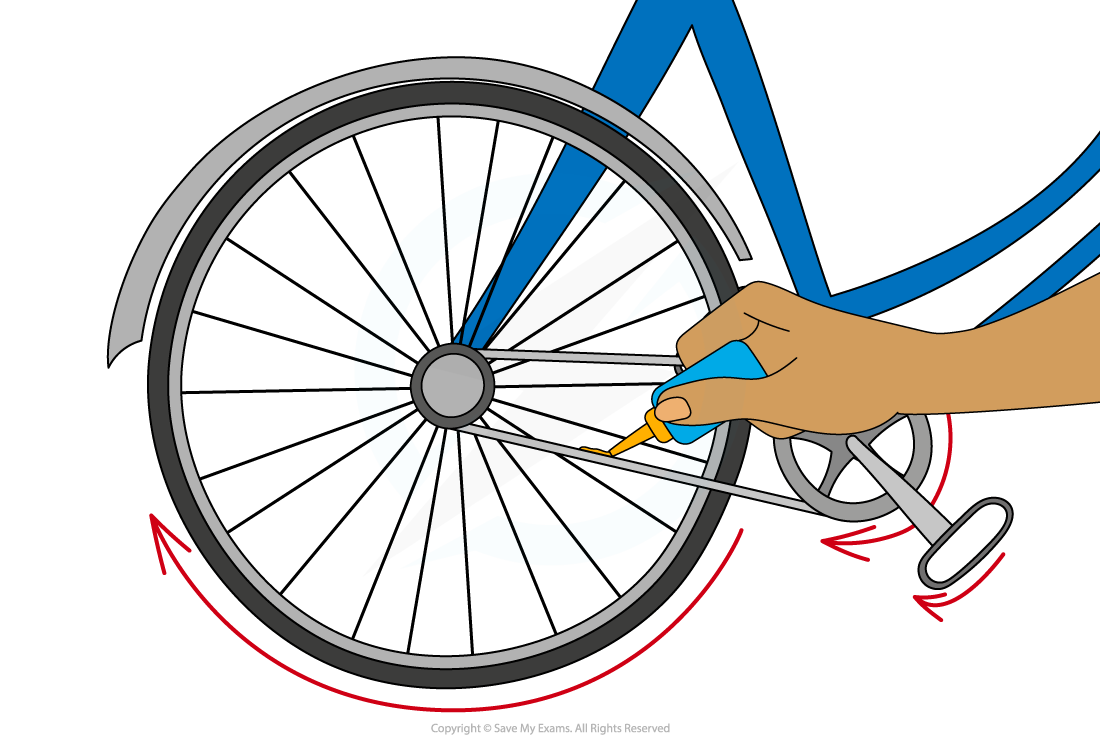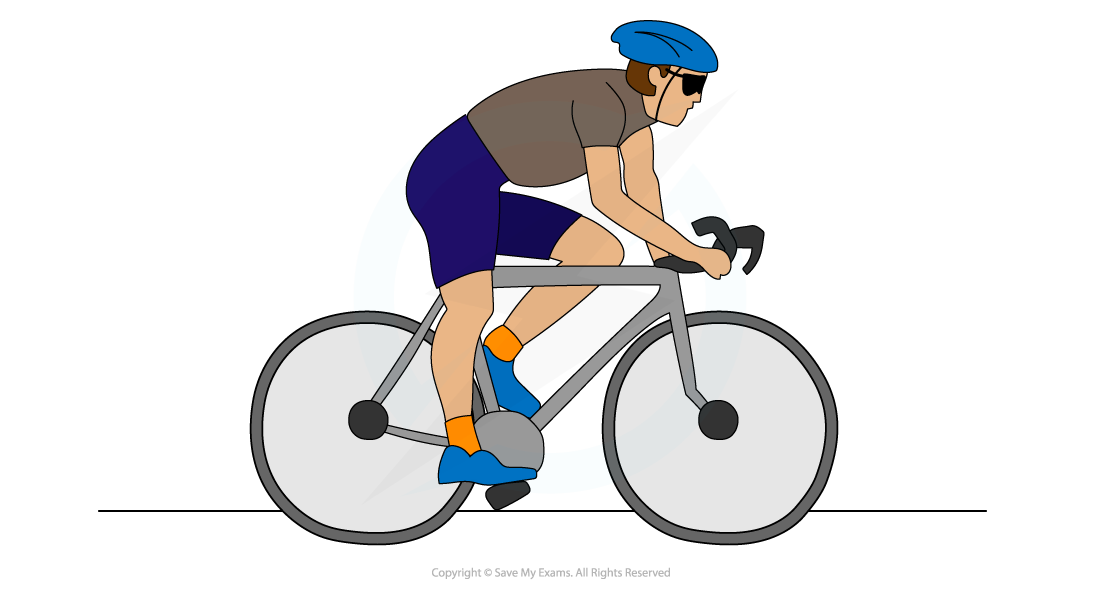Improving Efficiency (OCR GCSE Physics A (Gateway))
Revision Note
Improving Efficiency
Higher Tier Only
The efficiency of a device can be improved by reducing wasted energy transfers
Machines waste energy due to:
Friction between their moving parts
Air resistance
Electrical resistance
Noise
Reducing Friction
In a mechanical system, for example, there is often friction between the moving parts of the machinery
This results in unwanted energy transfers by heating to the machinery and the surroundings
Friction can be reduced by:
Adding bearings to prevent components from directly rubbing together
Lubricating parts

Lubricating parts of a bicycle to reduce friction
Reducing Electrical Resistance
In electric circuits there is resistance as current flows through the wires and components
This results in unwanted energy transfers by heating to the wires, components and the surroundings
Resistance can be reduced by:
Using components with lower resistance
Reducing the current
Reducing Air Resistance
Air resistance causes a frictional force between the moving object and the air that opposes its motion
This results in unwanted energy transfers by heating to the object and the surroundings
Air resistance can be reduced by:
Streamlining the shapes of moving objects
For example, a racing cyclist adopts a more streamlined posture to reduce the effects of air resistance
Also, the bicycle, clothing and helmet are designed to allow them to go as fast as possible

Many factors such as posture, clothes and bicycle shape must be considered when trying to reduce air resistance
Reducing Noise
Sound is often created by moving parts of machinery
This results in unwanted energy transfers by heating to the surroundings as sound waves cause the particles in the air and nearby objects to vibrate
Sound can be reduced by:
Tightening loose parts to reduce vibration
Lubricating parts
Examiner Tips and Tricks
When answering questions about improving efficiency, it is helpful to identify the useful energy transfers and the wasted energy transfers. Remember, the efficiency of a device is improved by increasing the useful energy transfers and reducing the wasted energy transfers.

You've read 0 of your 5 free revision notes this week
Sign up now. It’s free!
Did this page help you?
